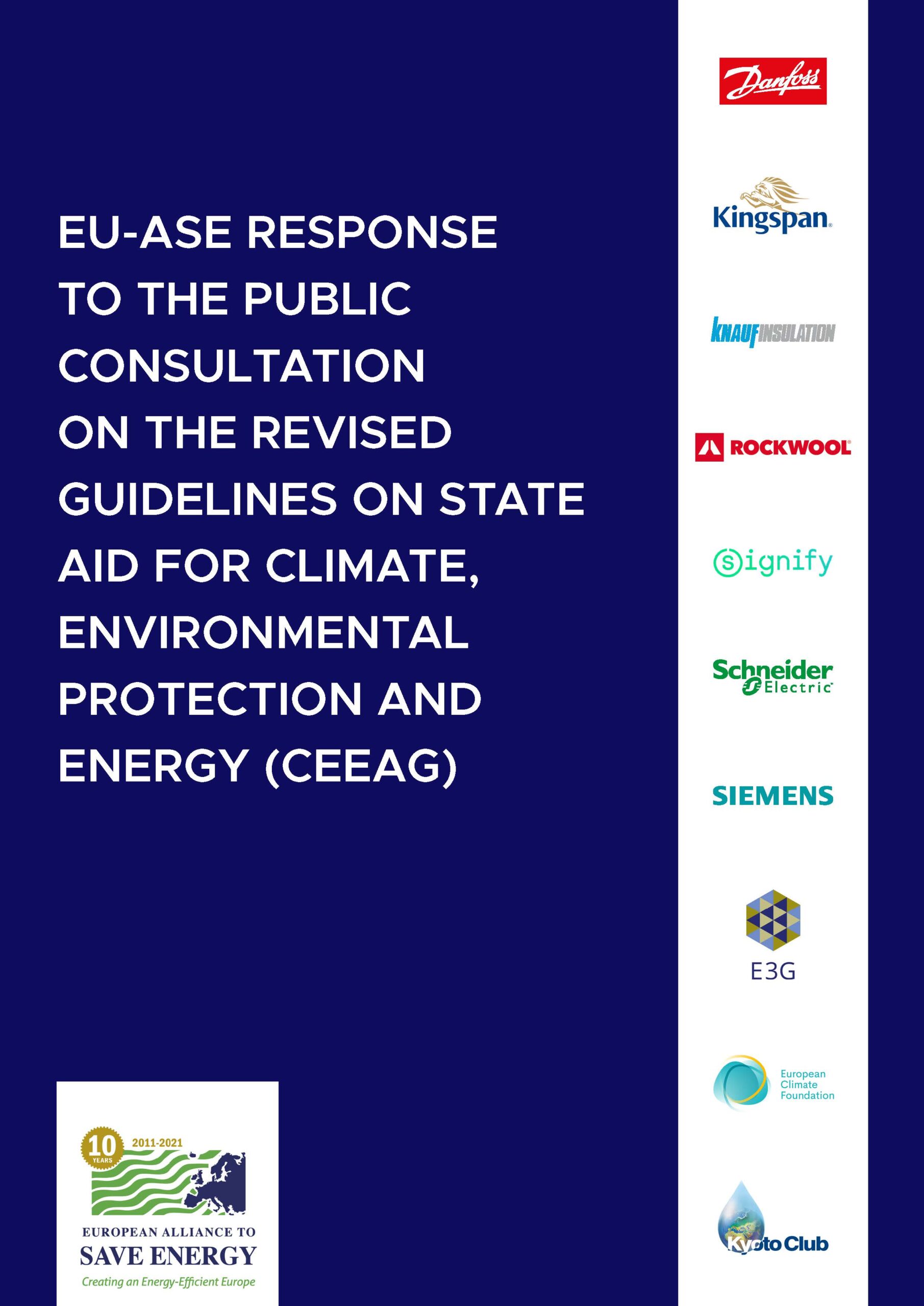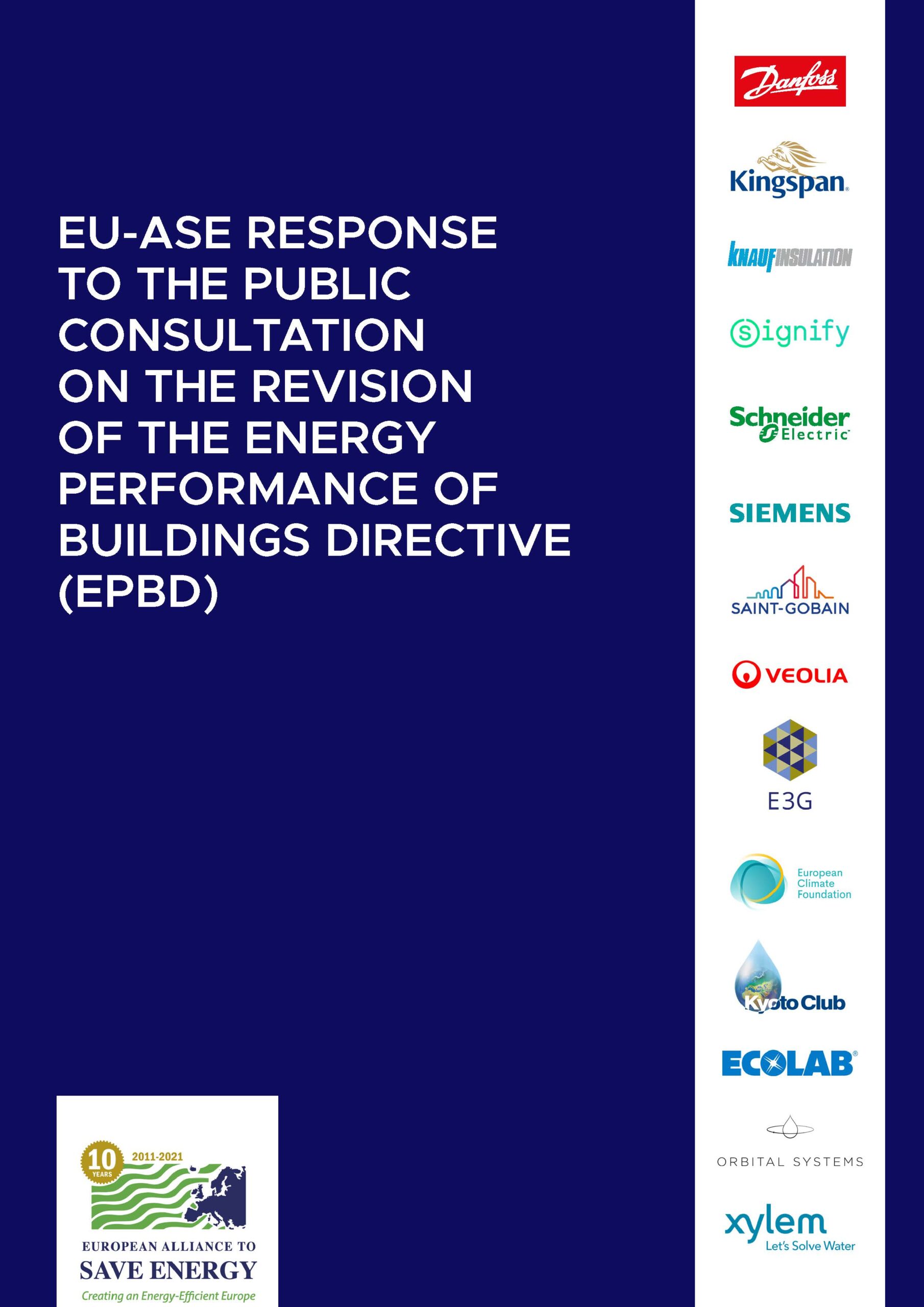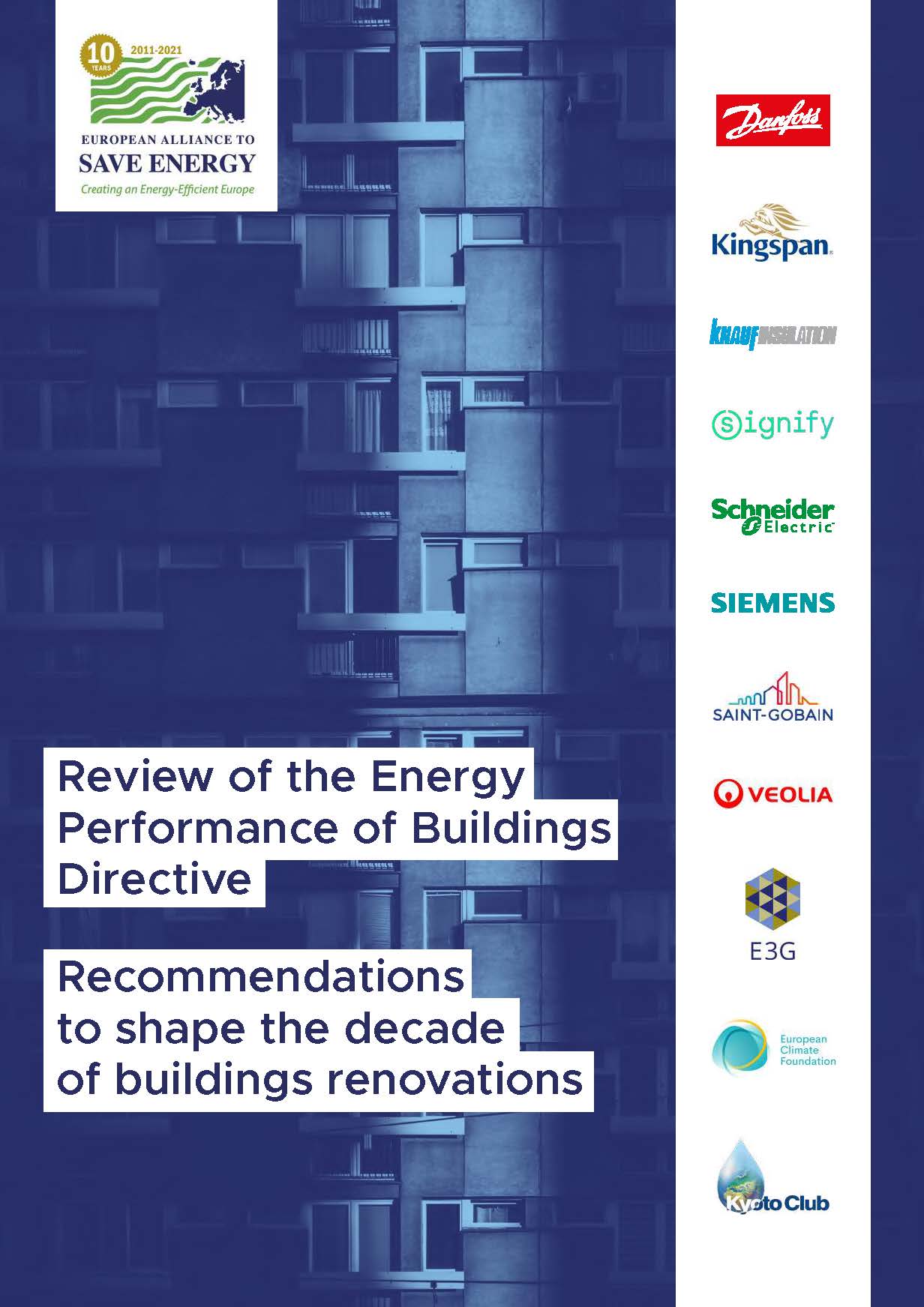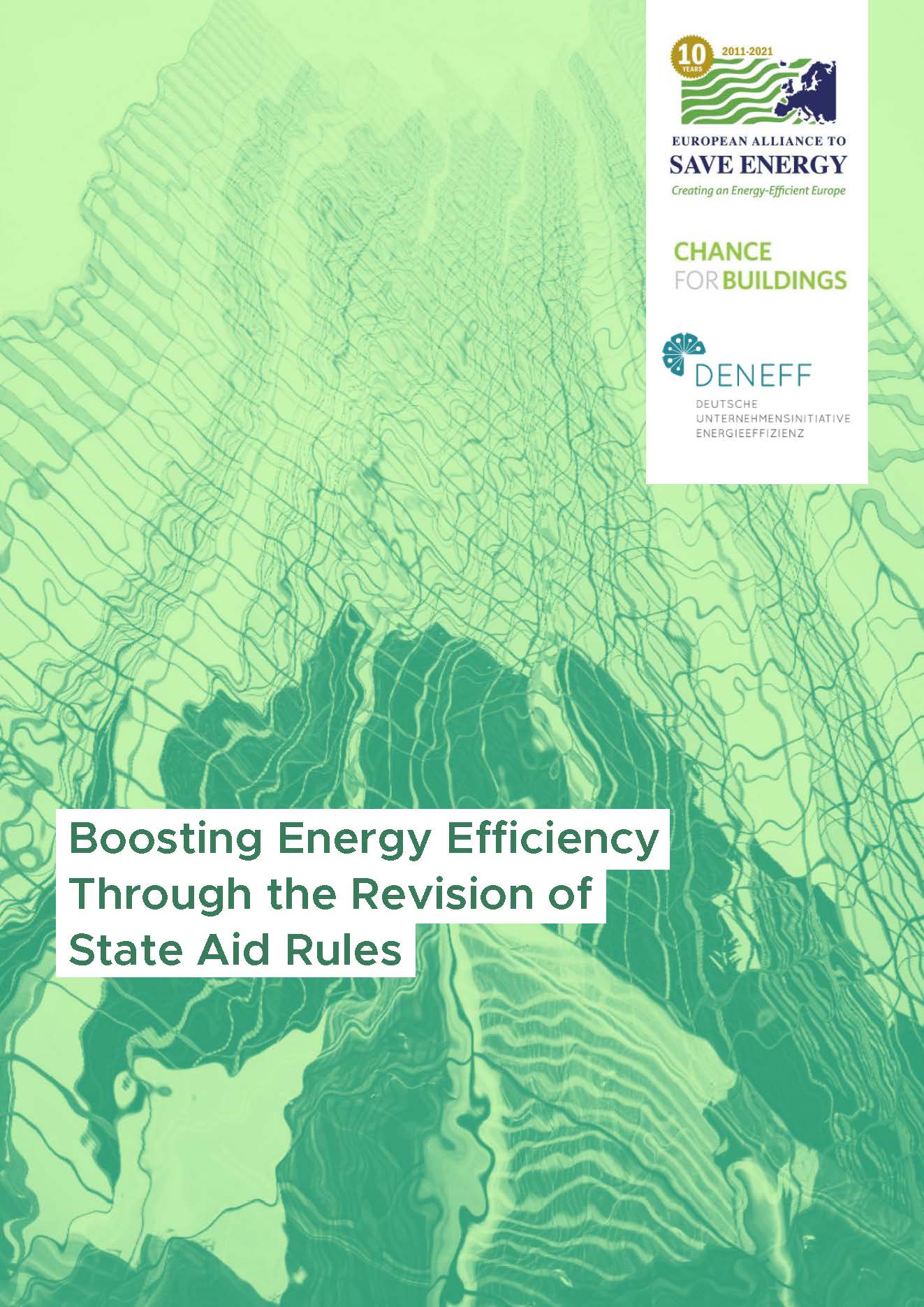Cohesion Policy: Inputs to deliver energy savings and long-term resilience
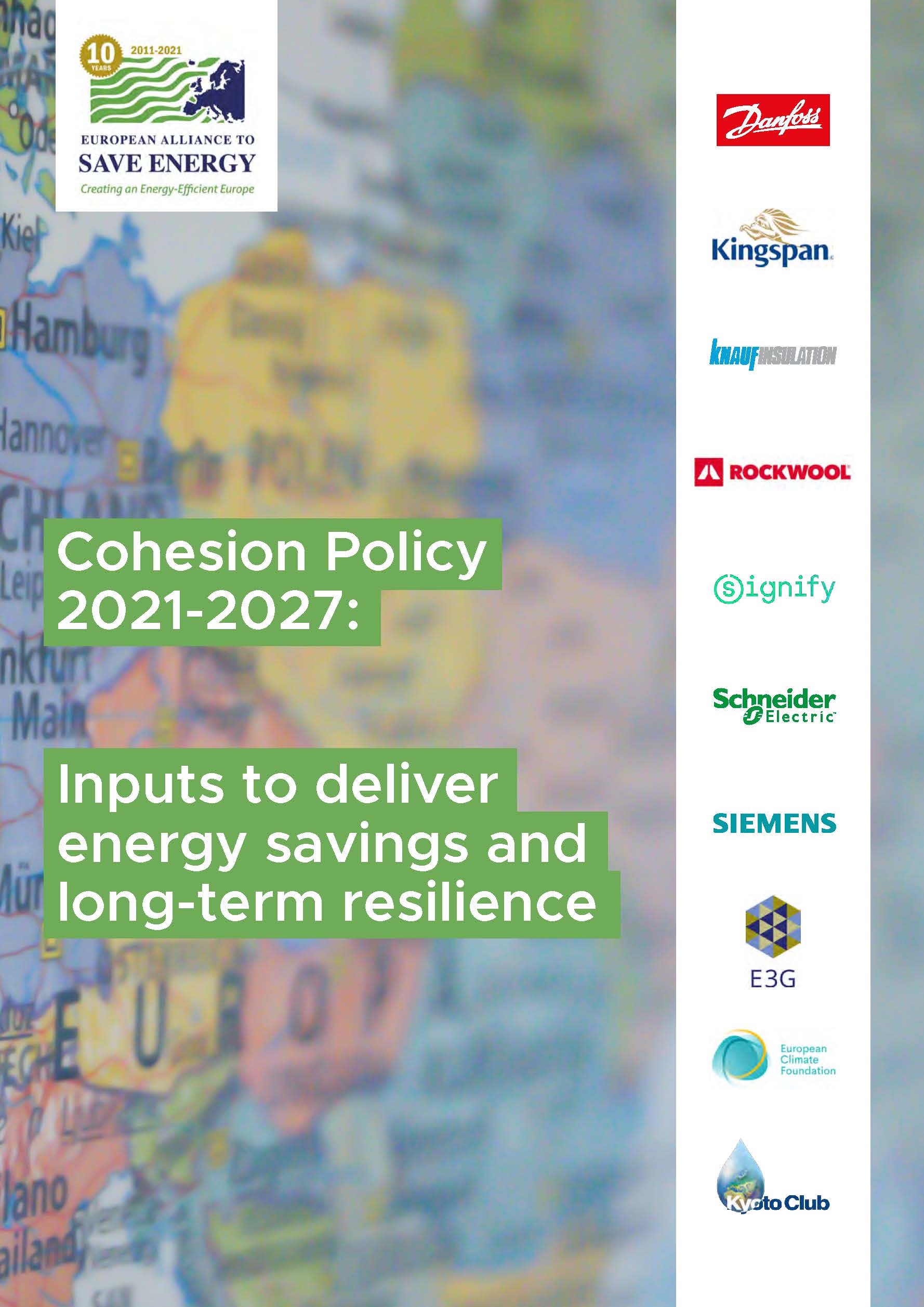
Energy efficiency gains are essential to reach the European Union increased emission reduction target by 2030 and climate neutrality by 2050. The EU cohesion policy programming for 2021-2027 can greatly contribute to promoting the uptake of energy efficient measures, making sure that no region or city is left behind in the transition to a clean and sustainable economy.
The current decade will be crucial for the European Union and its Member States to deliver on the EU higher energy and climate targets by 2030 and reach climate neutrality by 2050.
The EU Cohesion Policy programming for the period 2021-2027 can greatly contribute to these efforts and make sure that no European region and city is left behind in the transition to a clean and sustainable economy.
From an energy and climate point of view, it is key that Cohesion funding resources are allocated wisely and timely with the goal to boost sustainable economic growth, while delivering energy savings across sectors and the full decarbonisation of our society.

